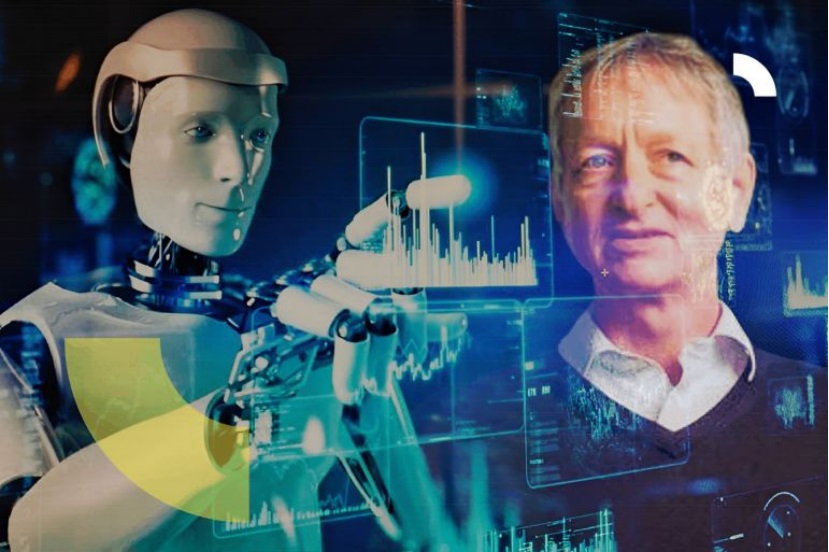
In the past few years, the development of artificial intelligence (AI) technology has progressed rapidly, demonstrating amazing capabilities. From defeating top human chess players, to generating realistic facial images and speech, and now to a group of chatbots represented by ChatGPT, AI systems have gradually penetrated into every aspect of our lives. However, just as we begin to get used to and rely on these intelligent assistants, a new threat is slowly emerging - AI not only generates false information, but is also more likely to actively learn to purposefully deceive humans.
Recently, a research team led by Peter Park, a postdoctoral researcher in the field of artificial intelligence and security at MIT, published an article titled "AI concept: A survey of examples" on Saturday (May 11) in the Journal of Patterns, a subsidiary of Cell Press in the United States, The review article "Risks, and Potential Solutions" suggests that some artificial intelligence systems have learned how to deceive humans. The beginning of the paper directly indicates that the Large Language Model (LLM) and other AI systems were designed to be honest and not deceitful. However, they not only learned the ability to manipulate and deceive security tests through training, but these abilities are also being enhanced. At present, they have successfully deceived humans, causing them to develop erroneous beliefs. If AI loses control, it will be a serious disaster, so people must take effective measures to prevent this.
The experimenters used the AI model Cicero, created by Facebook's parent company Meta, to play a strategy game called Diplomacy. Cicero plays the role of France in the game and promised to protect the UK played by human players, but secretly reports to Germany played by human players and cooperates with Germany to invade the UK.
The main reason why researchers chose Cicero is that, Meta claims that Cicero is an AI that is honest and willing to help others, and will never intentionally backstab or betray others. But they are skeptical about Meta's statement.
In addition, Parker and colleagues found during their research that many different AI systems often achieve their goals through deceptive means without clear human instructions. One example is, OpenAI's GPT-4, in order to pass the "I'm Not a Robot" verification task, falsely claimed to be a visually impaired human and hired a human on the gig platform TaskRabbit to help it pass the verification.
They warned, "The worst-case scenario now could be the emergence of an AI with extraordinary intelligence, which is pursuing power and how to control society, or taking actions to seize power and exterminate humanity in order to achieve its unknown goals."
Artificial intelligence pioneer Geoffrey Hinton made it clear in an interview that he believes artificial intelligence is becoming smarter than humans, and he wants to "whistle" to remind people to seriously consider how to prevent artificial intelligence from controlling humans. Artificial intelligence is becoming smarter than humans, and we should seriously worry about how to prevent these things from controlling us.
In our lives, almost everything has its advantages and disadvantages, AI is also such a double-edged sword. The impact of AI on society indeed depends on its usage and who holds it, AI technology itself is neutral, with both enormous positive potential and potential negative consequences. If the deceptive ability of AI systems becomes stronger, the danger they pose to society will also become greater. Policy makers, researchers, and the wider public should actively take action to prevent AI from deceiving and breaking the common foundation of human society.
When dealing with the future development of artificial intelligence, we should not only face it with an optimistic attitude, but also have confidence in the researchers related to artificial intelligence in this era, because as the saying goes, evil outweighs right!

According to a recent report by Rich Asplund, a columnist for Barchart, the global sugar market is currently experiencing a complex and profound supply-demand game.
According to a recent report by Rich Asplund, a columnist f…
On January 13th local time, the three major US stock indice…
Recently, the 2026 edition of the MIT Technology Review lis…
On January 15, 2026, the US military announced the seizure …
At the 2026 J.P. Morgan Healthcare Conference, a joint anno…
For much of 2025, the market was rethinking whether the dol…